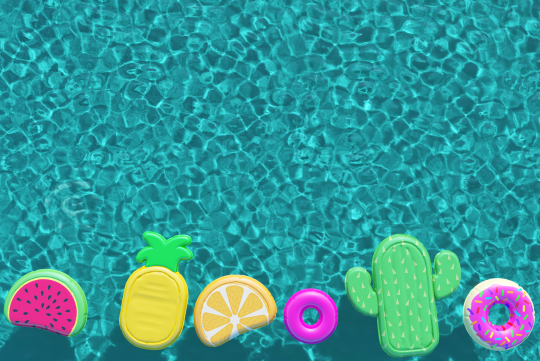Chlorine: A Hidden Allergy Trigger

In Australia, we suffer through hot summers where taking a quick dip in the pool, whether it’s yours, your neighbours or the community pool down the road, is the best (and most enjoyable) way to cool off and enjoy a day with the family.
Bit did you know that the chlorine in these pools can be harmful? It’s no secret that chlorine is packed with chemicals – we want it to be to keep it clean (ish) and prevent the growth of harmful bacteria and algae. The problem with this, however, is for some of us, these chemicals can also be harmful to our body.
If you, or your children, suffer from eczema or asthma, you may have noticed after a few hours in the pool you start to flare-up. That’s because hours of chlorine exposure starts to get quite taxing for your body.
The immune system of those with eczema or asthma is what we call hyperactive. This means that exposure to certain triggers (such as chlorine) cause the system to have an exaggerated response, creating a flare.
What might this look like?
For those suffering Asthma you may experience:
- Wheezing
- Coughing
- Shortness of breath
- Chest tightness
Why?
Well, research has shown that regularly swimming in pools can cause airway hyperresponsiveness through exposure to pool irritants, such as chloramines. This means that the airways become more sensitive and reactive to irritants, which can lead to some of the symptoms listed above.
For those suffering eczema you may experience:
- Redness and swelling
- Dryness and scaling
- Intense itching
- Blisters or crusting
- Pain or tenderness
(couple this with sunburn people regularly seem to get after a pool day and you’re in for a VERY uncomfortable few days)
Again, why does this happen?
As mentioned earlier, swimming pools are packed with chemicals to keep it clean, but these chemicals unfortunately cause dermatitis, as it can disrupt the skin barrier, making it more susceptible to allergens and irritants.
Does this mean you shouldn’t swim? Of course not!
With just a few precautionary steps, you or your children can enjoy a pool day for as many days, and as long as you’d like.
Vitamin C
One of my main recommendations is Vitamin C powder, as it can be used both topically (weird I know) or orally.
When applied directly to the skin, Vitamin C can act as a reducing agent, neutralizing chlorine. This can help prevent skin irritation and dryness associated with prolonged exposure to chlorinated water.
Consuming Vitamin C orally can support the body's natural detoxification processes, helping to neutralize chlorine that may have been absorbed through the skin or ingested.
MagTaur Xcell
One other option is to use MagTaur Xcell which is safe in young kids at a half dose and contains taurine and vitamin C (as well as magnesium, zinc and b-vitamins) which also binds up the Chlorine and helps get rid of it.
A bit of extra information on how this combination can help:
- Taurine: This amino acid has antioxidant properties that can help protect cells from damage caused by oxidative stress, including that from chlorine exposure.
- Vitamin C: As discussed earlier, vitamin C is a potent antioxidant that can help neutralize chlorine.
- Magnesium, Zinc, and B Vitamins: These additional nutrients support overall health and can contribute to the body's ability to cope with environmental stressors like chlorine.
When you know the root cause of an issue, we can find the ways to treat it before your symptoms start, it’s much easier to manage!
Please update the “Product” setting with the product you want to display.






